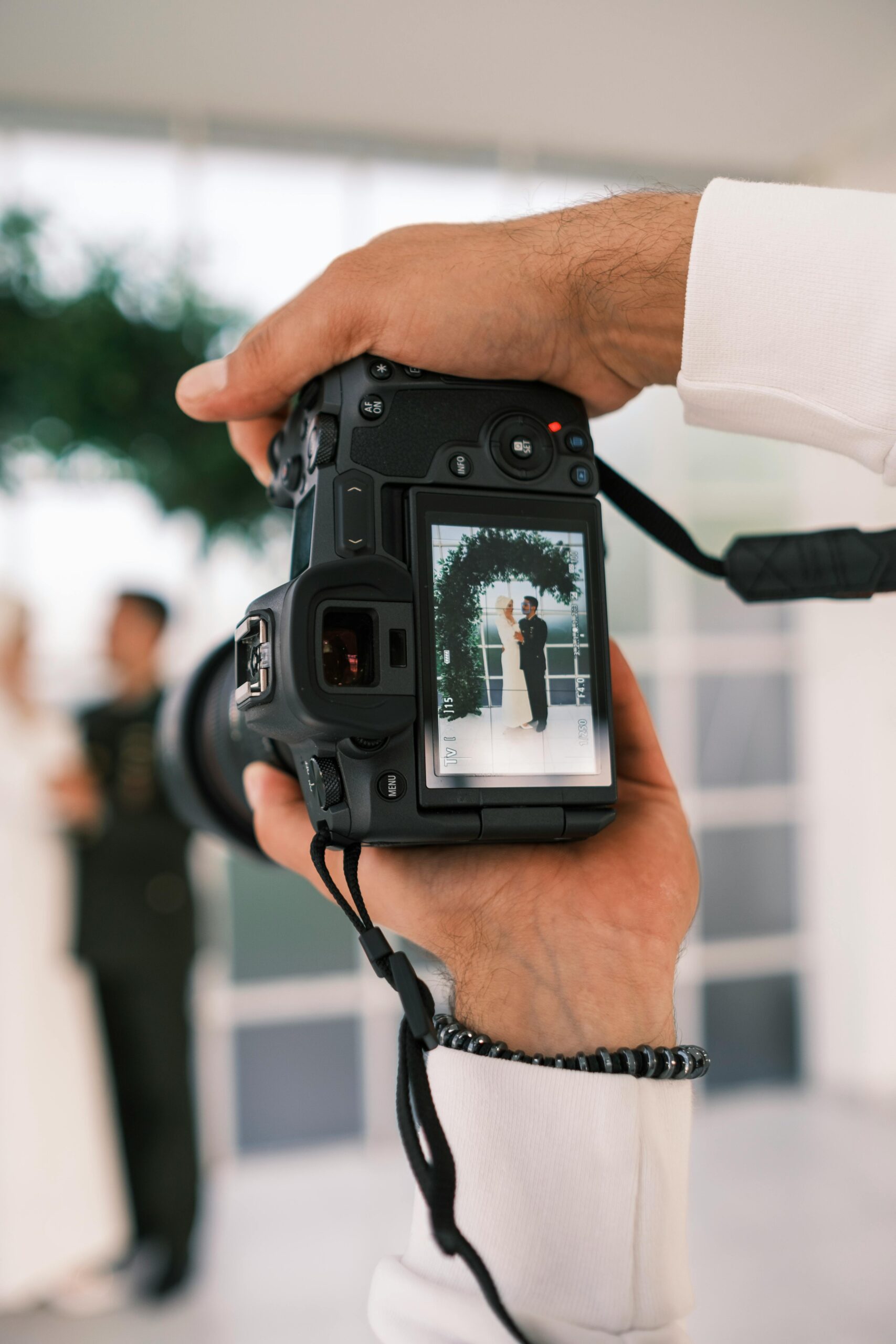Wedding Vendor Red Flags:
Listen to this Post
Planning a wedding is one of the most exciting, and sometimes overwhelming, seasons of your life. From florists and photographers to planners and caterers, the vendors you hire will shape the look, feel, and overall flow of your big day. While there are countless talented professionals in the wedding industry, not every vendor will be the right fit for you. In fact, overlooking certain warning signs can lead to stress, a waste of money, or even last-minute disasters. This guide will walk you through the biggest wedding vendor red flags and how to avoid them, so you can confidently choose the right team to bring your dream wedding to life.
Why Vendor Fit Matters
The right vendors don’t just provide services; they become partners in creating your wedding vision. A great florist translates your style into stunning arrangements. A skilled planner keeps your day running smoothly. A talented photographer captures the moments you’ll treasure forever. But the wrong vendor? They can leave you feeling ignored, disappointed, or worse, scrambling at the last minute to fix mistakes. Spotting red flags early helps you protect your budget, timeline, and peace of mind.

1. Poor Communication from the Start
One of the biggest wedding vendor red flags, is slow or inconsistent communication. If it takes weeks for them to respond to emails, avoid your questions, or give vague answers, that’s a major warning sign. Good vendors value your time. They respond promptly (within a reasonable 24–48 hours), answer your questions clearly, and make you feel like a priority. If communication is lacking before you sign a contract, it will likely only get worse once you’ve booked.
What to do:
- Pay attention to response times in your initial outreach.
- Ask yourself: Do they seem genuinely interested in your wedding?
- If communication feels like pulling teeth, move on.
2. No Contract or Vague Terms
A professional wedding vendor will always provide a detailed contract that outlines exactly what you’re paying for, including timelines, services, cancellation policies, and payment schedules. If a vendor insists on skipping contracts or offers vague promises without anything in writing, consider it a red flag. A handshake might sound friendly, but it offers you no legal protection if something goes wrong.
What to do:
- Make sure the contract is clear, specific, and detailed.
- Look for timelines, service breakdowns, payment structure, and refund policies.
- Don’t hand over deposits until you’ve signed a contract.
3. Pushy Sales Tactics
Does a vendor pressure you to book immediately or use phrases like “this deal is only available today”? High-pressure tactics are one of the most overlooked wedding vendor red flags. While wedding dates do book quickly, a reputable professional will give you space to review contracts, compare options, and make a thoughtful decision. Vendors who rush you often don’t have your best interests at heart.
What to do:
- Be cautious of anyone pushing you to sign on the spot.
- A good vendor will respect your timeline and provide all the information you need to decide.

4. Lack of Experience or Portfolio
Every vendor should be able to show you examples of their work. A florist should provide photos of past arrangements, a photographer should have wedding galleries, and a DJ should have sample playlists or testimonials. If they have no portfolio, offer excuses for not sharing one, or provide work that looks inconsistent, take caution. You want vendors who have proven experience with weddings, not just general events.
What to do:
- Ask to see full galleries, not just Instagram highlights.
- Read reviews from other couples.
- Verify they’ve worked weddings of similar size and style to yours.
5. Too Good to Be True Pricing
Weddings are expensive, so it’s tempting to jump at the lowest price. But be careful: if a vendor’s pricing is significantly lower than everyone else’s, that’s often a red flag. It could mean they cut corners, lack experience, or won’t deliver the quality you expect. On the other hand, very high pricing without clear justification can also be suspicious.
What to do:
- Compare multiple quotes.
- Look at what’s included in the package.
- Choose vendors who are transparent about their pricing and value.
6. Negative Reviews or No Reviews at All
Reviews and testimonials are some of the best ways to vet a wedding vendor. If you notice multiple negative reviews citing similar issues, poor communication, lateness, or unprofessionalism; that’s a strong sign to reconsider. No reviews at all can also be a concern, especially for established vendors. While new businesses do start out, they should still provide references or samples of their work.
What to do:
- Check Google, The Knot, WeddingWire, and social media.
- Ask vendors for references from past clients.
- Look for patterns in reviews, both good and bad.

7. Lack of Professionalism
Your wedding is a formal event, and your vendors should act accordingly. Red flags include:
- Showing up late to meetings.
- Being disorganized or dismissive.
- Speaking poorly of other vendors.
- Not listening to your ideas or concerns.
Professionalism goes beyond talent, it’s about how they handle clients. If they make you feel uncomfortable or undervalued, they are not the right fit.
What to do:
- Trust your gut during consultations.
- Pay attention to how they treat you and others.
8. Overpromising and Under-Explaining
Some vendors will tell you “Yes” to everything without explaining the logistics. While flexibility is important, vague promises without clear details are risky. For example, if a florist says they can get out-of-season flowers at a dirt-cheap price, or a photographer promises an unrealistic number of edited photos in record time, those could be empty promises.
What to do:
- Ask for specifics: How will they deliver what they’re promising?
- Be cautious of guarantees that sound too good to be true.
9. No Backup Plan
Weddings are unpredictable. What if your DJ’s equipment fails, your photographer gets sick, or your outdoor ceremony gets rained out? Reliable vendors always have a backup plan. If they shrug off these questions or don’t have contingency measures, that’s a major red flag.
What to do:
- Ask how they handle emergencies or last-minute changes.
- Ensure backup staff, gear, or solutions are built into their process.

10. Bad Gut Feeling
Finally, one of the most important wedding vendor red flags is simply your intuition. If something feels off, even if you can’t pinpoint, why, don’t ignore it.
Weddings are deeply personal. You deserve to feel comfortable, respected, and excited about the people you’re hiring. If a vendor leaves you uneasy, trust yourself and keep looking.
Conclusion: Choosing the Right Vendors
Spotting wedding vendor red flags isn’t about being overly critical; it’s about protecting your vision and peace of mind. The right vendors will communicate clearly, provide detailed contracts, respect your budget, and make you feel supported every step of the way.
Remember: your vendors aren’t just providing a service; they’re shaping memories you’ll treasure for a lifetime. By learning how to recognize red flags and avoid a bad fit, you’ll ensure your wedding day is everything you’ve dreamed of, without unnecessary stress.
Discover even more wedding planning tips and advice in our complete Wedding Planning Handbook.

